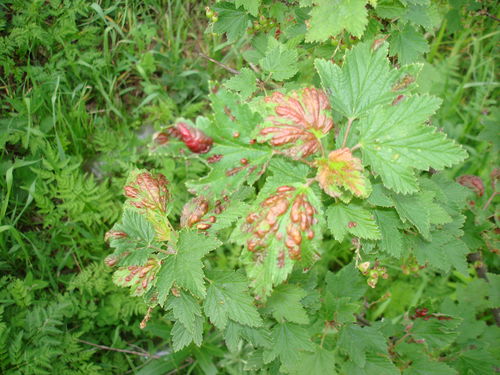 It cannot be said that pests of blackcurrant (as well as the fight against them) manifest themselves less than pests of other garden crops. If you follow the rules for caring for the bushes, and, starting from the moment of planting, it will turn out to shoot a good tasty crop every year.
It cannot be said that pests of blackcurrant (as well as the fight against them) manifest themselves less than pests of other garden crops. If you follow the rules for caring for the bushes, and, starting from the moment of planting, it will turn out to shoot a good tasty crop every year.
But not one the summer resident is not insured from the disease of these bushes. The disease weakens the plant, leading to loss of crop. Moreover, it can be dangerous for everything that grows on your site. So, if the currant bushes begin to hurt, you need to quickly treat them. For starters, of course, you should determine the type of pest.
Pests of blackcurrant and the fight against them (photo)
Kidney tick
The most common pest of blackcurrant, which, in his gardening practice, was probably encountered by every summer resident. They spend the winter in the kidneys, laying eggs in the same place. As a result, in the spring not only leaves appear on the bushes, but the offspring of this parasite. The larvae feed on the juice of the kidneys and many leaves will not even be able to open, having dried even at the stage of budding.
What to do for treatment
If the bushes are severely damaged, it is best to dig them out and burn them. Yes, this is a radical measure, but it will protect healthy currants. When the lesion is noticed at an early stage of development, it will be necessary to remove the shoots on which there are infected kidneys (they are significantly increased in size). When the leaves bloom, you need to spray them twice with karbofos (75 grams are diluted for ten liters of water, a 10% solution is taken).
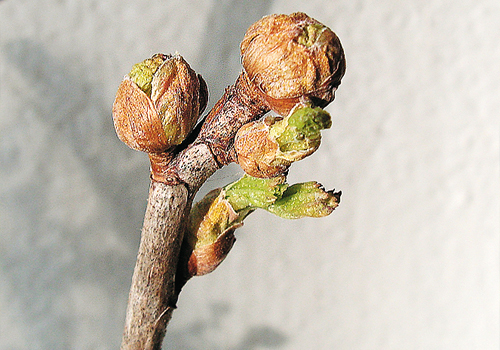
Glassmaker
Another pest of blackcurrant (see the fight against it below), which affects the shoots. These are caterpillars that quietly creep up and down in the wood. The shoots will first wither, but then become so exhausted that they will simply die. In places of damage, you can notice a strong breaking off of the branches, and the currant becomes very shallow.
What to do for treatment
For treatment, you will have to double-treat the bush. First, this is done with 0.2% chlorophos immediately after flowering. Then you need to process again with the same tool after ten days. After that all infected shoots you need to remove and give them fire. Moreover, keep in mind that you need to trim the branches to the very base (in autumn or already in early spring).

Yellow aphid
You can notice it on the bottom of the leaves. Aphids live in colonies, so that it actively manifests itself on currants and, if you observe the bush, you will immediately notice something is amiss. The affected sheets will curl and then fall off. The tops of the growing shoots of aphids love the most.
What to do for treatment
As soon as the gardener notices aphids, you need to immediately use the tincture of garlic. Also, the measures of folk methods of controlling pests of blackcurrant in this category include the use of tobacco tinctures, orange peels or even walnut shells. Do the treatment with any chosen infusion every ten days. Leaves that are already affected will need to be burned.
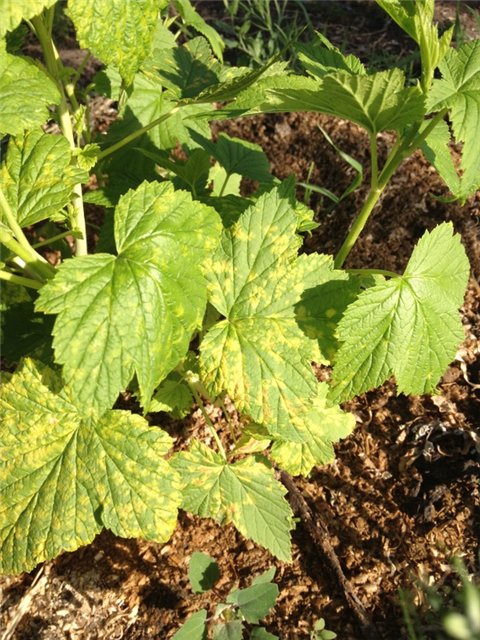
Berry sawfly
Berries are striking, but very often they settle on blackcurrant bushes. The parasite spends wintering in a cocoon, in the ground right under a bush. In the spring, by the time the leaves open, they crawl out from the ground and lay eggs on the underside of the leaf. Soon caterpillars appear, which literally gnaw the leaves. In addition, they clog the berries. The caterpillars will be on the bush for a month, then again they will go underground.
What to do for treatment
It will be necessary to carry out processing with a 0.1% chlorophos solution.It is important to notice this parasite in time and destroy it until it again retires into the soil before the next season.
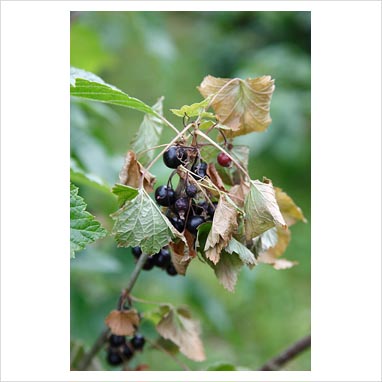
Now you know what blackcurrant pests look like. The fight with them will be difficult and complex, often it lasts not only one season. But, with the right approach, you will be able to save your bushes and enjoy delicious berries from year to year. Good luck.

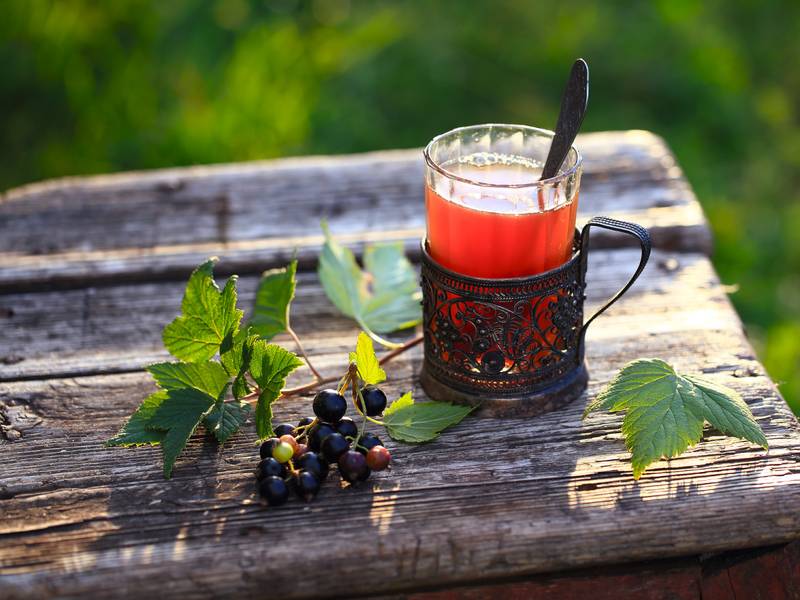
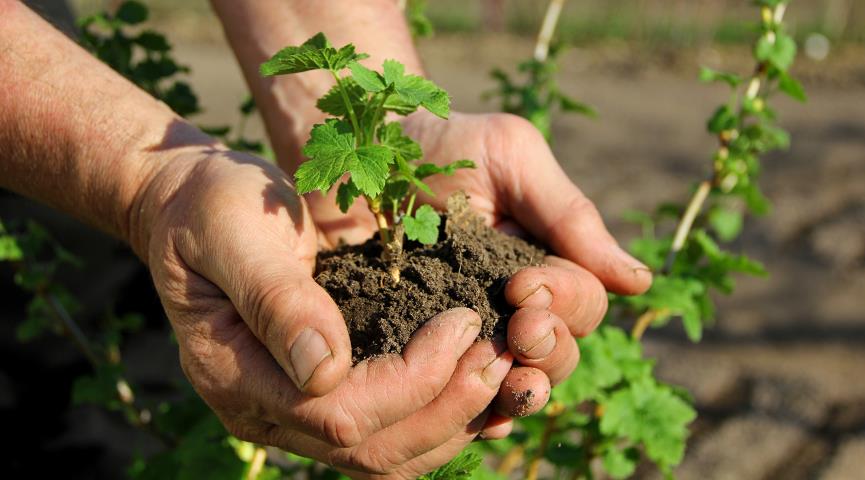
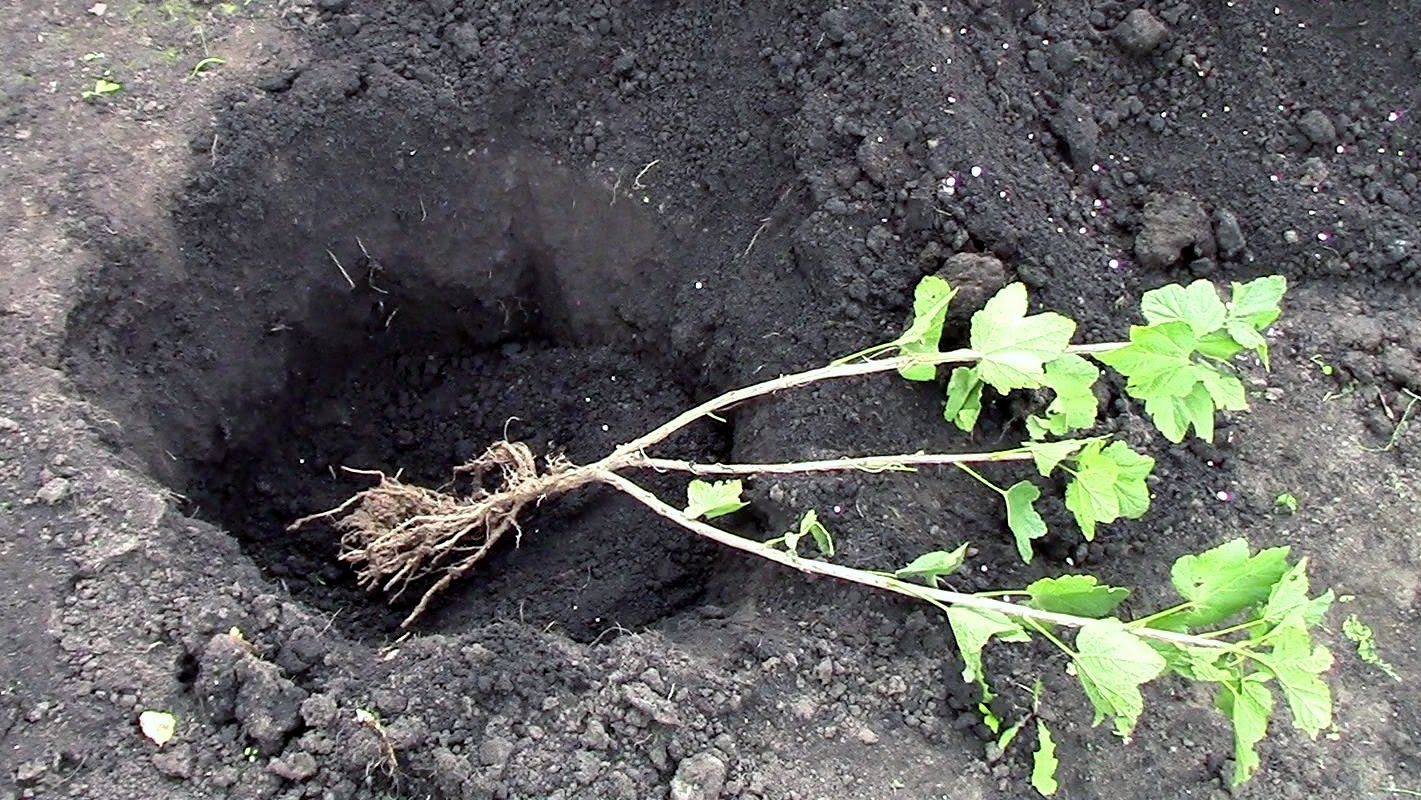
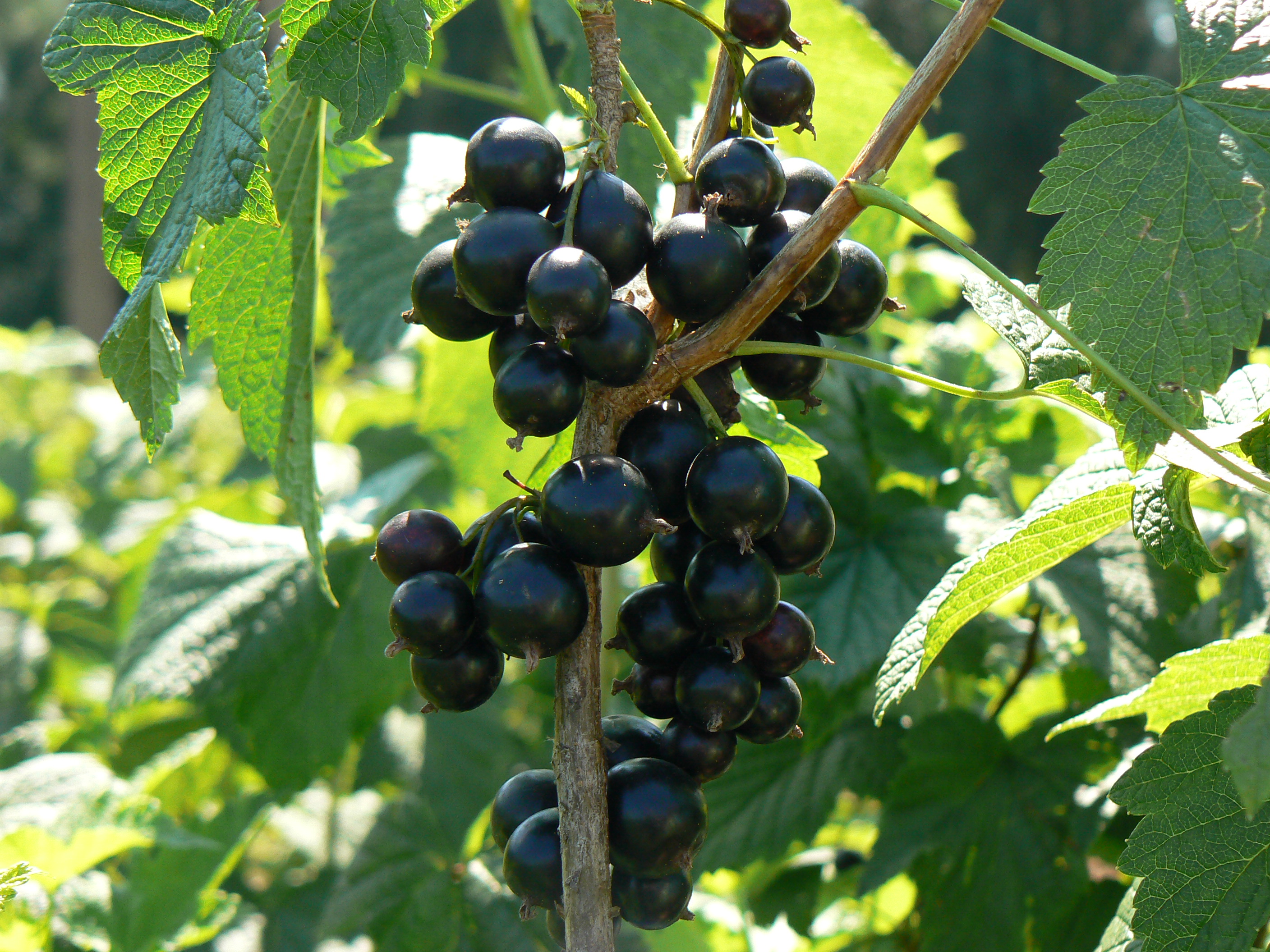 Blackcurrant: pruning in autumn, rejuvenation of the old bush, preparation for winter
Blackcurrant: pruning in autumn, rejuvenation of the old bush, preparation for winter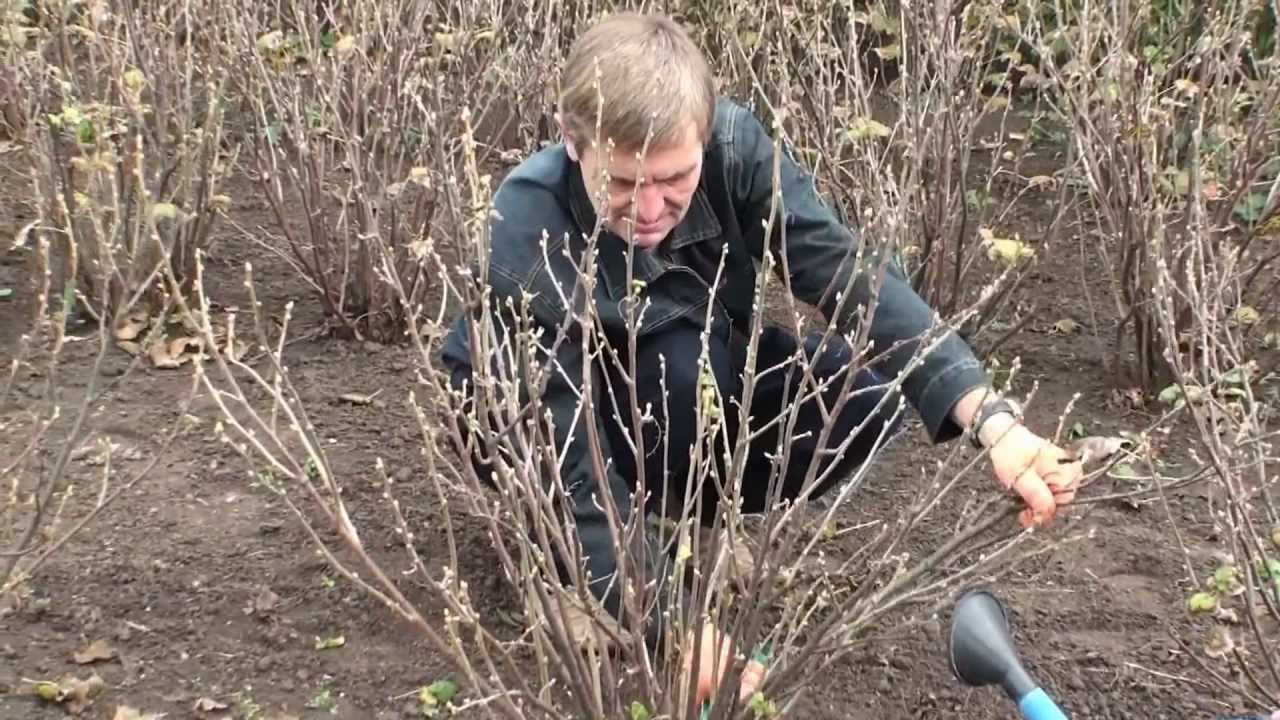 Autumn currant pruning scheme for beginners
Autumn currant pruning scheme for beginners Currant care in autumn and preparation of bushes for winter
Currant care in autumn and preparation of bushes for winter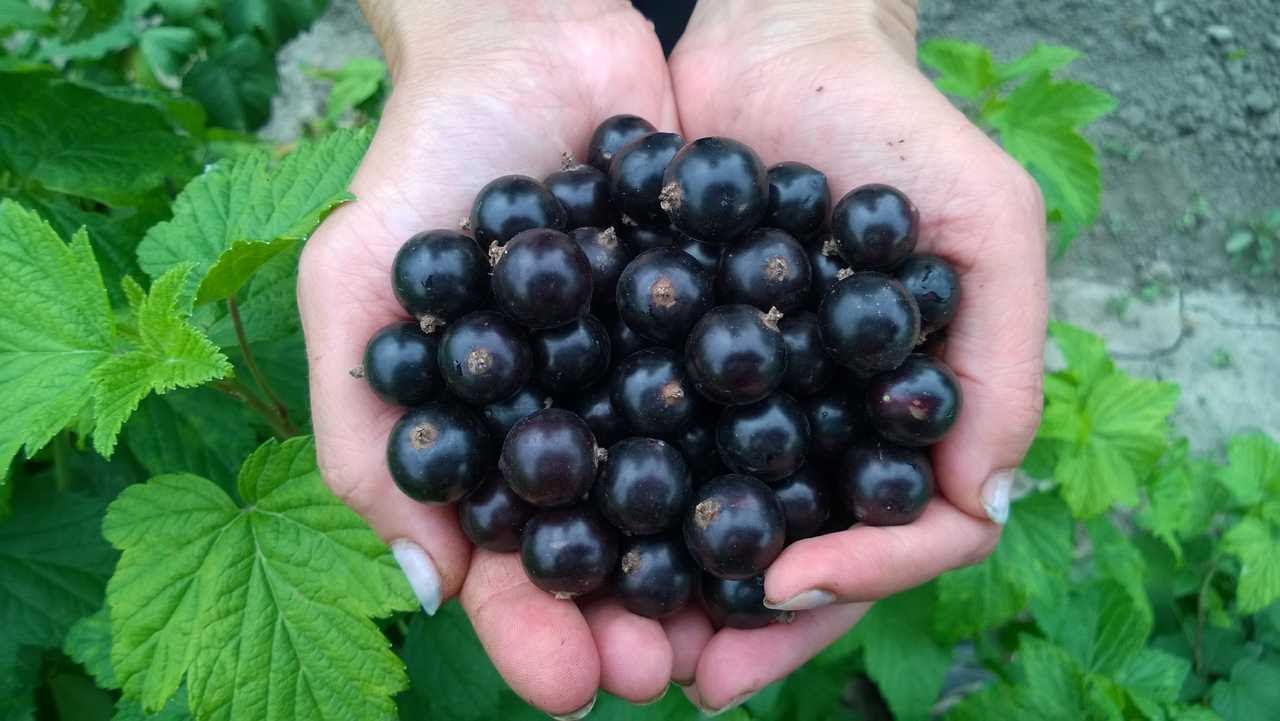 It's time to feed the currants - the best feeding
It's time to feed the currants - the best feeding
tamara
Thanks for the advice!